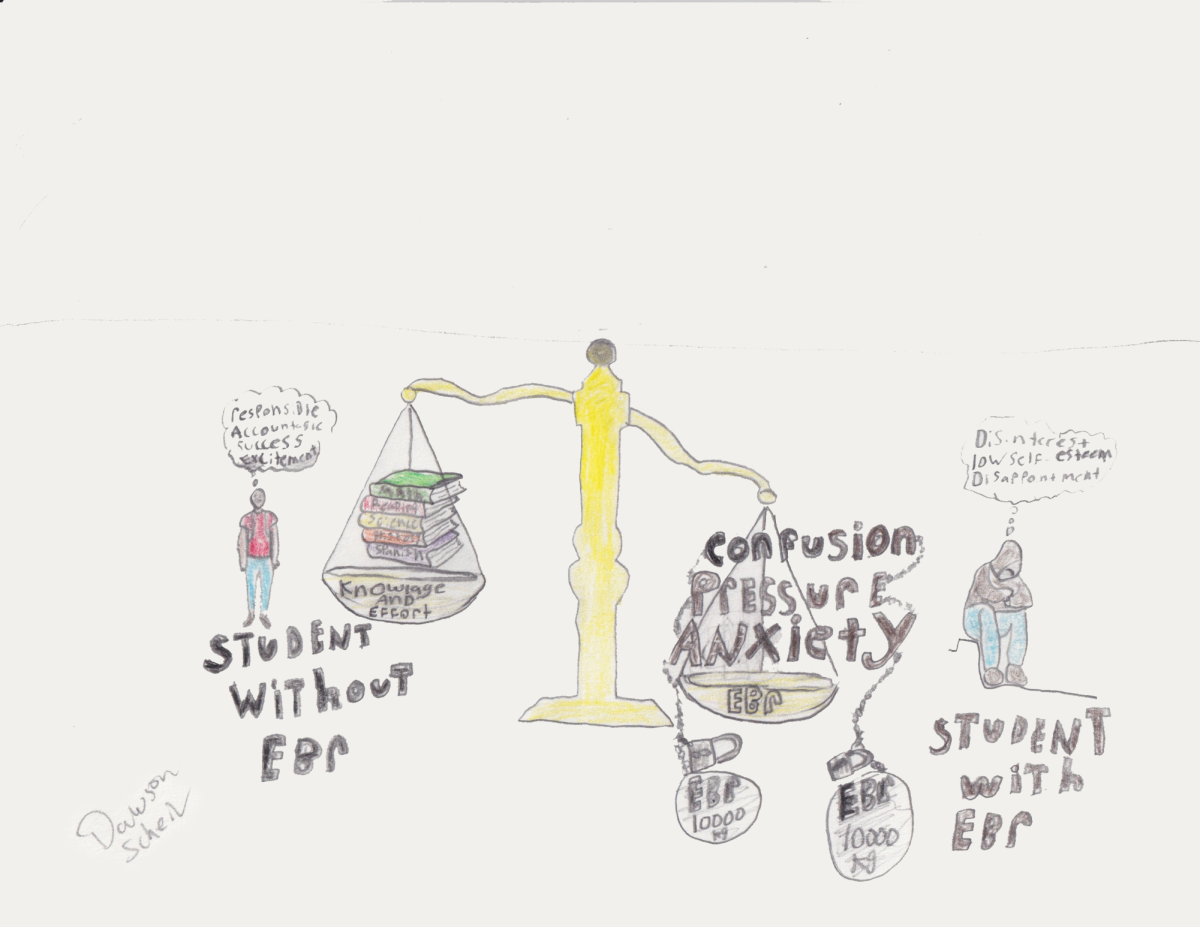In an era where information travels at the speed of light and connections span the globe, social media has completely transformed the way we communicate, share art, and pursue our interests. Social media platforms were initially hailed as revolutionary tools, fostering a sense of community and providing an outlet for self-expression. However, the dark underbelly of social media has become increasingly apparent, particularly concerning its impact on the youth. Despite its positive aspects, the current state of social media poses significant risks to the well-being of young minds.
Firstly, the sheer volume of content on the internet makes it nearly impossible to effectively moderate what children encounter on social media platforms. From harmful ideologies to explicit material, the digital landscape is rife with content that is unsuitable for young audiences. The responsibility to protect children thus falls on parents, but the complexity and breadth of the online world make this task very difficult. A viable solution lies in fostering greater parental involvement and collaboration with social media companies. Creating and improving tools that empower parents to monitor and control their children’s online activities can mitigate the risks associated with unfiltered content.
Research consistently indicates the detrimental effects of social media on the mental health of young individuals. Numerous studies have linked excessive social media use to increased rates of anxiety, depression, and feelings of inadequacy among adolescents. The constant exposure to curated, idealized images and the pressure to conform to societal standards have taken a toll on the psychological well-being of the youth. As we advocate for better protective measures, it is crucial to acknowledge the urgency in addressing these mental health concerns and promoting a healthier online environment.
Beyond the well-being of children, there’s a disconcerting financial aspect to the social media landscape. Social media companies, fueled by sophisticated algorithms, capitalize on the attention of the younger demographic. The exploitation of children’s data and behaviors contributes to the staggering profits these platforms amass. It is imperative to question the ethics of profiting off vulnerable demographics and to demand more stringent regulations that prioritize the protection of children over corporate gains.
While social media undoubtedly serves as a powerful tool for communication, art sharing, and the exploration of interests, the current system falls short in ensuring the safety and well-being of young users. Addressing these concerns necessitates a multi-faceted approach, involving increased parental involvement, collaboration with social media companies, and stringent regulations to curb the financial exploitation of children. As we navigate the ever-evolving digital landscape, it is imperative to prioritize the protection of our youth and foster an online environment conducive to their growth and development.













